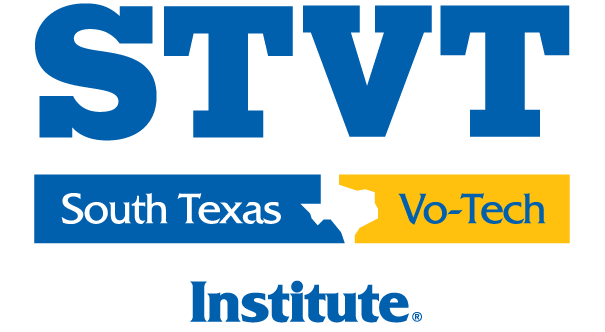While learning hard skills– such as how to install and repair air duct systems– is a major part of your HVAC training program, an essential part will be mastering soft skills as well. Proper soft skills in the HVAC field, especially when servicing residential units, are essential to working in the field.
Communication
Effective communication with customers is crucial for understanding their needs, identifying issues, and offering them a prompt and effective resolution. It is essential to make sure you are courteous and friendly when communicating with customers to make them feel comfortable.
A key part of communicating with customers can be letting them know about the steps involved in your professional process. You’ll want to make sure you let them know when you will arrive for the job and, of course, then make sure you are on time. Additionally, you’ll want to let them know exactly what you’ll be doing as part of your visit, such as what areas of the house you’ll be working in and what you will be doing. This will allow them to be as prepared as you are for your arrival.
Another important soft skill to learn and improve on is how to give simple, digestible explanations about issues or fixes. Learning how to explain what issues you fixed in simpler terms to customers can be essential for customers to know their issues were resolved in ways they can understand. Customers may not have in-depth HVAC knowledge, so learning how to give customers step-by-step instructions, in an easily understandable manner, on how to continually maintain their system will be a vital part of your training.
Problem-Solving
Possibly the most useful soft skill to conquer is problem-solving skills. As part of your training, you can develop a well-rounded set of knowledge that you may utilize when working in the field to solve problems. As you work in the field, your experience and knowledge can grow to improve these problem-solving skills, making you an even more valuable professional.
Time Management
Proper time management skills can not only help customers be satisfied with your work, but can also help you effectively complete the multiple service calls you may often have in one day. Learning how to develop proper time-management skills can involve prioritizing tasks, learning how to estimate the time needed for each job, and effectively managing your schedule.
An often overlooked part of time management is making sure to move quickly and efficiently when on the job and making sure the customer knows that you respect their time. Finding balance between taking the time to do the job accurately and getting the job done as quickly as possible is key to being successful.
Organizational Skills
Organization is also a key soft skill to master that can help you speed up your time on the job and help keep your customers satisfied. Maintaining organized tools and equipment in the field offers several advantages. It creates a tidy workspace that respects your customers’ property, saves valuable time by allowing quick retrieval of necessary tools, and prevents the loss of critical equipment or parts.
Being Open to Continued Education
A crucial trait of any HVAC technician is to be open to learning about new advancements in HVAC technology, including new strategies and updated regulations. Technology moves very quickly, so being open to learning about new systems and newer components can ensure your knowledge base is up-to-date and help prevent errors made from falling behind.
Your knowledge doesn’t end with your initial training and certifications. An effective HVAC technician keeps themself informed on the newest information for their field so they do not fall out of step with the current technology and trends.
Next Steps
In entry-level HVAC technician training, you can learn many skills from hands-on training on systems and equipment to how to build a solid foundation of your soft skills to ensure customer satisfaction and effectiveness on the job. Mastering these soft skills in your career can help you be the best HVAC technician you can be not just for your customers and company, but for yourself.
If you are interested in starting a career as an entry-level HVAC technician, contact STVT at (866) 480-9766 or submit this form for more information.
Disclaimer: Information within this blog is for general information purposes only. STVT does not assume or guarantee certification/licensures, specific job/career positions, income earning potential, or salary expectations based on the programs offered at STVT. Career and program information statements in this blog do not guarantee that programs or other information mentioned are offered at STVT.


